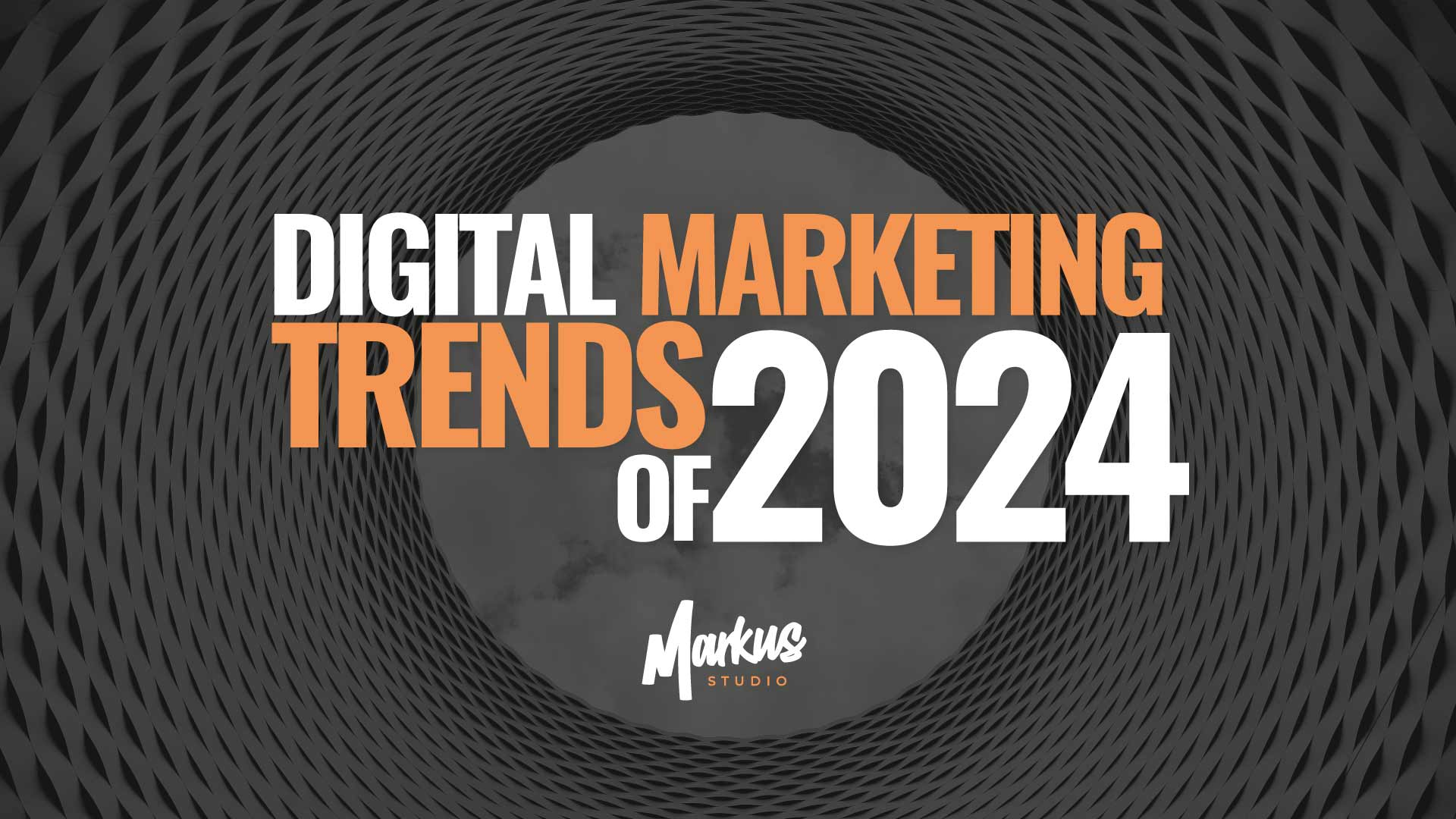The digital marketing landscape is constantly evolving, shaped by advancements in technology, changing consumer behaviors, and emerging trends. To gain deeper insights into this ever-changing field, we turn to the Digital Marketing Benchmark Report 2024, which offers a comprehensive analysis of the digital marketing landscape based on insights from over 500 marketing professionals.
Understanding Digital Marketing Channels
Digital marketing channels play a crucial role in reaching and engaging with target audiences. In the Digital Marketing Benchmark Report 2024, social media marketing emerges as a dominant channel, with platforms like Facebook, TikTok, and YouTube leading the way. These platforms offer unique audience demographics and engagement tools, making them effective channels for personalized and targeted marketing campaigns.
While social media marketing is highly effective in fulfilling overall marketing objectives, search engine optimization (SEO) continues to be a vital channel for driving sustainable business growth. Despite the shift in perception, SEO is still considered highly important by marketers, contributing significantly to overall marketing objectives and cost-effectiveness.

In addition to social media and SEO, other digital marketing channels like email marketing, content marketing, and affiliate marketing also play a significant role in the marketing mix. Each channel brings its own strengths and challenges, and businesses need to carefully evaluate and allocate their marketing budgets based on the effectiveness of each channel.
The Power of Marketing Technologies
The rapid advancement of technology has revolutionized the digital marketing landscape, empowering marketers with powerful tools to streamline, optimize, and scale their efforts. In the Digital Marketing Benchmark Report 2024, customer relationship management (CRM) systems, content management systems (CMS), and marketing automation tools are identified as critical marketing technologies.
CRM systems enable businesses to manage customer relationships effectively, while CMS platforms provide the foundation for creating and managing digital content. Marketing automation tools, on the other hand, automate repetitive marketing tasks and enable personalized customer interactions.
As we look towards the future, artificial intelligence (AI) emerges as the new frontier in marketing technologies. With AI-driven applications, businesses can enhance efficiency, improve content relevance, and deliver personalized user experiences. The integration of AI and machine learning tools in marketing strategies is expected to see significant growth in the coming years.
Unleashing the Potential of Social Media Marketing
Social media marketing has become an indispensable tool for businesses to connect with their target audiences. In the Digital Marketing Benchmark Report 2024, TikTok emerges as a leading platform for marketers, offering unique opportunities for audience engagement and ROI. Facebook and YouTube continue to be popular platforms, while the popularity of Instagram appears to be waning.
Video content, both long-form and short-form, is considered essential for successful social media marketing. The rise of platforms like TikTok and YouTube has led to a decrease in the use of images in social media posts. Brands are leveraging the immersive and dynamic nature of video content to engage their audiences effectively.

The integration of emerging technologies like AI and machine learning is transforming social media marketing. AI-driven content creation and curation, as well as AI-powered customer service through chatbots, are gaining traction. Live shopping features and influencer partnerships also play a significant role in driving interactive and influencer-led marketing strategies.
The Power of Data and Analytics in Digital Marketing
Data and analytics have become the backbone of digital marketing, enabling businesses to make informed decisions and optimize their strategies. Key performance indicators (KPIs) such as engagement metrics and conversions are crucial for tracking the effectiveness of digital marketing efforts.
To measure these KPIs, businesses rely on social media platform analytics and Google Analytics. Social media analytics tools provide insights into user behavior, preferences, and digital marketing trends, while Google Analytics offers comprehensive insights into website traffic and user behavior.
With the transition to Google Analytics 4 (GA4), businesses are adapting to the evolving landscape of data analytics. While many have already made the transition, some are still in the process or have yet to start. The shift to GA4 highlights the growing recognition of the importance of data-informed decision-making in digital marketing.
Embracing Sustainability and Ethical Considerations
As businesses navigate the digital marketing landscape, sustainability and ethical considerations have taken center stage. Consumers are increasingly conscious of environmental issues and data privacy concerns, driving businesses to incorporate sustainability in their marketing strategies and prioritize ethical data handling.
In the Digital Marketing Benchmark Report 2024, a majority of businesses are already incorporating sustainability in their digital marketing strategies, with many others in the process of doing so. From reducing digital carbon footprints to promoting eco-friendly content and adopting energy-efficient web design practices, businesses are making conscious efforts to minimize their environmental impact.
Remote work, a trend accelerated by the global pandemic, has positively impacted digital marketing practices. It has allowed businesses to tap into a broader talent pool and leverage digital platforms for communication and collaboration, resulting in increased productivity and efficiency.
Content creation and storytelling skills are considered crucial in the current digital marketing landscape. Marketers need to create engaging and impactful content to foster brand loyalty and drive conversions. Additionally, businesses are addressing data privacy concerns by updating privacy policies and implementing strict data handling and storage policies.
Conclusion: Unveiling the Future of Brand Engagement
As we conclude our exploration of the Digital Marketing Benchmark Report 2024, it is evident that the future of digital marketing is dynamic and ever-evolving. Social media marketing, SEO, marketing technologies, data and analytics, and sustainability considerations will continue to shape the digital marketing landscape.
Businesses must stay agile and adapt to emerging trends and technologies to effectively engage their target audiences. By leveraging the power of social media, adopting advanced marketing technologies, harnessing the potential of data and analytics, and embracing sustainability and ethical considerations, businesses can unlock new opportunities and drive meaningful connections with their customers.
As we look to the future, the human element remains at the core of digital marketing. Balancing technological advancements with a deep understanding of human needs and experiences will be key to successful brand engagement in the digital age.
